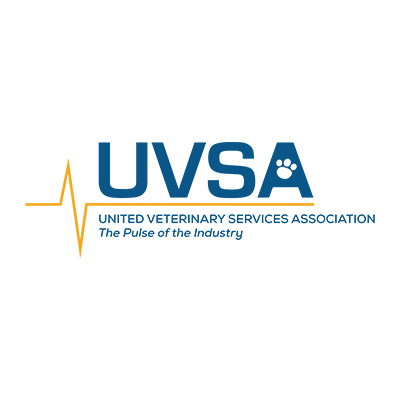Washington, D.C. (March 1, 2017) — The Human Animal Bond Research Institute (HABRI) announced today that the Pet Food Institute (PFI) has made a $25,000 contribution to support research on the benefits of the human-animal bond for people and pets.
“PFI is proud to support HABRI, whose important research on the health benefits of pet ownership advances our collective awareness about the significant role pets play in our lives,” said Cathleen Enright, PhD, President & CEO, Pet Food Institute. “As the voice for U.S. pet food and treat makers, PFI and our members understand and celebrate the special bond between humans and pets.”
“For the nearly 150 million dogs and cats in the U.S., health and wellbeing starts with sound nutrition and safe food,” said Steven Feldman, Executive Director of HABRI. “Research shows that healthy pets make healthy pet-owners, and HABRI is proud to have the support of PFI, an organization committed to supporting long and healthy lives for pets.”
HABRI has assembled a growing body of scientific evidence showing that pets improve heart health; alleviate depression; increase well-being; support child health and development; and contribute to healthy aging. In addition, companion animals can assist in the treatment of a broad range of conditions from post-traumatic stress to Alzheimer’s disease to autism spectrum disorder.
The benefits of the human-animal bond can be found at both ends of the leash. Findings from a recently-published HABRI survey of 2,000 pet owners demonstrate that the more they know about the scientific research on the human-animal bond the more likely they are to take better care of their pets, including providing pets with higher-quality nutrition and keeping up with visits to the veterinarian.
“Spreading awareness of the health benefits of pet ownership improves pet health and welfare,” Feldman added. “PFI and its member companies are great partners to share this message.”
PFI, whose members make up 98 percent of all U.S. pet food and treat products, is dedicated to:
- Advocating for legislation, regulations and technologies that support the domestic manufacture and global distribution of safe, quality pet food and that provide for consumer choice;
- Promoting pet food safety innovation in manufacturing and handling practices;
- Delivering information about issues impacting pet food makers, their suppliers and distributors, pet lovers and other relevant stakeholders; and
- Communicating the benefits of pet ownership to the general public at large.
More information about PFI can be found online at www.petfoodinstitute.org.
PFI joins a broad array of organizations and individuals that help HABRI fund innovative research projects to scientifically document the health benefits of companion animals; maintain the world’s largest online library of human-animal bond research and information; and inform the public about human-animal bond research and the beneficial role of companion animals in society. For more information about HABRI, please visit www.habri.org.
Contact
Jamie Baxter
jamie@theimpetusagency.com
775.322.4022
###





